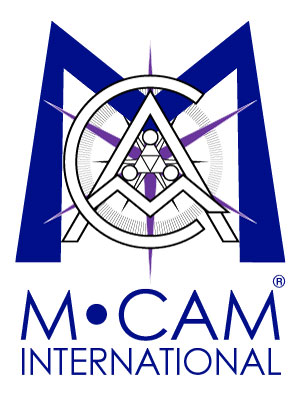Patent Buyer Beware – A Patently Obvious Follow Up
Date: Thu, 2012-01-12
Motorola Mobility’s recent statement that it’s expected 4th quarter shortfall was due to “an increased competitive environment in the mobile device business and higher legal costs associated with ongoing intellectual property (IP) litigations” was clearly an attempt at damage control prior to the release of its quarterly report and came as no surprise to M·CAM. Last August shortly after Google announced their $12.5 billion MMI acquisition, M·CAM’s chairman David E. Martin appeared on Bloomberg West with Cory Johnson and explained that Google’s acquisition of MMI for it’s patents was “an immense mistake.” M·CAM highly doubts MMI’s outlook will improve, nor do we think that the MMI patent portfolio will prove to be the armor Google expects against would be plaintiffs including those that hold core pieces of mobile handset technology. The current market with its failed comprehension of patent commercial market consequence coupled with the defective patent system has lead to massive overpayments and panic-sticken purchasers (Google being one of them.)
M·CAM believes that in the current litigious environment, patent portfolio transactions should be entered into with complete visibility as to whether the portfolio will either protect the purchaser’s market position or open market opportunities. For example, Kodak has been attempting to sell a subset of its digital imaging patents to raise cash since July. “The market” has predicted that the portfolio could be worth as much as $3 billion. Now reports are surfacing that Kodak is preparing for bankruptcy reorganization. This is no surprise to M·CAM. We reported in our September 23rd 2011 Patently Obvious(TM) report that a significant portion of Kodak’s patent portfolio is impaired or lacks commercial value. Now with the whole of the patent portfolio at risk of liquidation M·CAM believes that buyers should be particularly dubious of over-inflated valuations made with a lack of visibility for patent quality and commercial fitness.
As the world’s leading intangible asset finance firm, M·CAM has long been in front of patent quality analysis associated with litigation risks along with providing competitive intelligence for business to identify effective pathways for the commercialization of their intellectual property (IP). M·CAM has developed an underwriting platform based on a set of proprietary, unstructured data-mining algorithms that allow us to measure and quantify the market consequence, commercial and obsolescence risk of intangible assets such as patents, trademarks, executory contracts, exploration licenses, development rights, licenses, long-term supply contracts and all other intangible assets. Further, M·CAM has assisted buyers to identify the most effective intellectual property (IP) to strengthen their portfolios, provide pathways to new markets and limit overpayment of impaired intangible assets. For example, during the liquidation of the Ampex patent portfolio, we assisted our client fund manager to make a right sized offer of $7 million for the entirety of the company’s impaired patent portfolio. As the Kodak digital portfolio is prepared for potential liquidation, M·CAM believes intelligent market participants should turn their diligence up to increase visibility to real market consequence.


Sorry, the comment form is closed at this time.